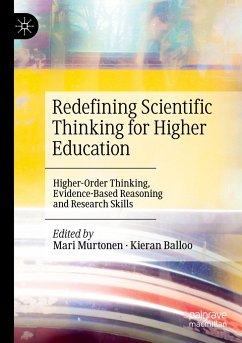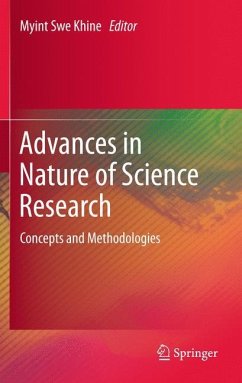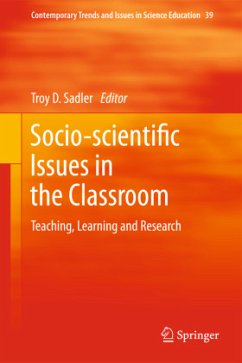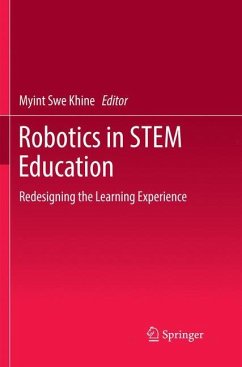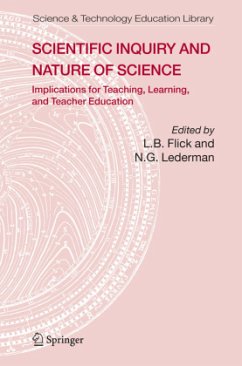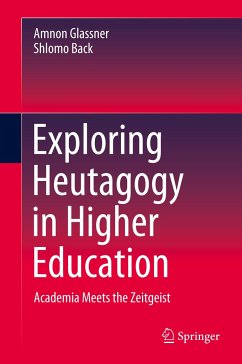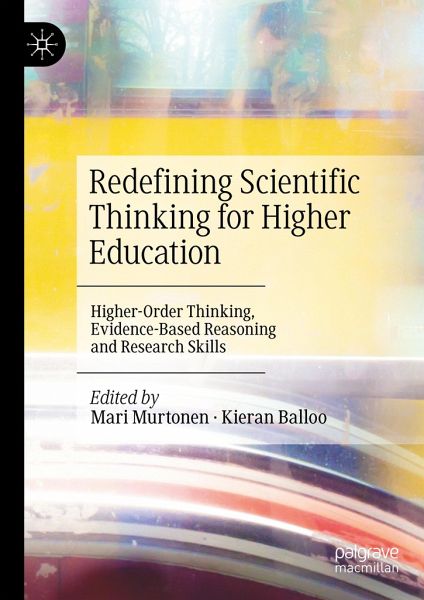
Redefining Scientific Thinking for Higher Education
Higher-Order Thinking, Evidence-Based Reasoning and Research Skills
Herausgegeben: Murtonen, Mari; Balloo, Kieran

PAYBACK Punkte
53 °P sammeln!
This book examines the learning and development process of students' scientific thinking skills. Universities should prepare students to be able to make judgements in their working lives based on scientific evidence. However, an understanding of how these thinking skills can be developed is limited. This book introduces a new broad theory of scientific thinking for higher education; in doing so, redefining higher-order thinking abilities as scientific thinking skills. This includes critical thinking and understanding the basics of science, epistemic maturity, research and evidence-based reason...
This book examines the learning and development process of students' scientific thinking skills. Universities should prepare students to be able to make judgements in their working lives based on scientific evidence. However, an understanding of how these thinking skills can be developed is limited. This book introduces a new broad theory of scientific thinking for higher education; in doing so, redefining higher-order thinking abilities as scientific thinking skills. This includes critical thinking and understanding the basics of science, epistemic maturity, research and evidence-based reasoning skills and contextual understanding. The editors and contributors discuss how this concept can be redefined, as well as the challenges educators and students may face when attempting to teach and learn these skills. This edited collection will be of interest to students and scholars of student scientific skills and higher-order thinking abilities.





